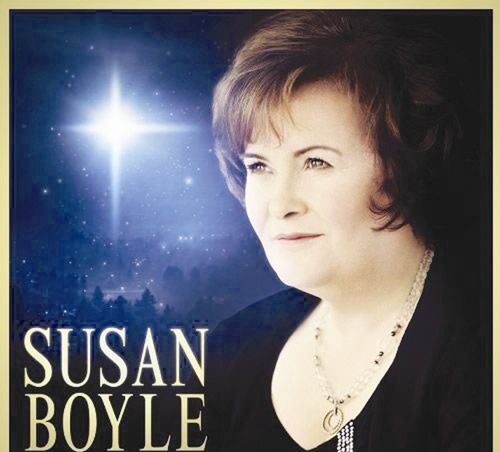英语文化陷阱系列(7)
|
42. Indian Summer "秋老虎"、"小阳春",都是中文里特殊的表达方式,那么如何用英文来表达"深秋季节的一段暖和天气"呢?其实英文中有个与之相对应的短语,"Indian Summer"。 "Indian Summer"指秋天的一段暖和、干燥的天气,往往出现在9月下旬、10月和11月,有时候也会出现在8月或12月,爱伦-坡曾把它称作 "strange interregnum occurring in autumn" 。 "Indian Summer"中的"Indian"绝对不是指印度,而是指美洲的土著民族印第安人,因为这样的天气出现在美国东海岸中部各州,北到新英格兰,西至大平原。这种天气往往伴随着灾难性的大雾。
那么他为什么会在文章中提到 "smoke"一词呢?一种说法认为印第安人为了在冬天来临之前用火烧的方法把躲藏起来的猎物驱逐出洞,或者是用火将耕地上的杂草烧尽以便第二年春耕,所以才有了"smoke"一词。爱伦-坡在他的A Tale of Ragged Mountains,也提到"smoke"一词("the thick and peculiar mist, or smoke, which distinguishes the Indian Summer"), 增加了这一说法的可信度。 菲利普-多德里奇在它的Note on the Indian War in West Virginia (1842) 对"smoke"一词提供了另一种说法。他写道,"烟雾笼罩的日子开始了,它将要持续一段时间。这样的天气被称为Indian Summer,因为这段小阳春的天气为印第安人去骚扰移民地区的人们提供了机会。"("The smokey time commenced and lasted for a considerable number of days. This was the Indian summer, because it afforded the Indians another opportunity of visiting the settlements with their destructive warfare.")因为印第安人在天凉以后就不再向移民地区发起突袭,除了有这样一段暖和的天气。那么"smoke"就是印第安人焚烧村庄和房屋的结果。
在英国,人们也开始用"Indian Summer"来代替 "St. Luke"s little summer", "St. Martin"s
43. Rain on my parade 午餐时间,我们大家正兴高采烈计划周末一块儿出去玩。有人问起要不要邀请隔壁部门的某某小姐,曾经和她同一个单位的 Sally马上高声反对: “No, I won"t invite her. She always likes to rain on my parade.” (摘自《世界日报》) 44. Put the cart before a horse |








